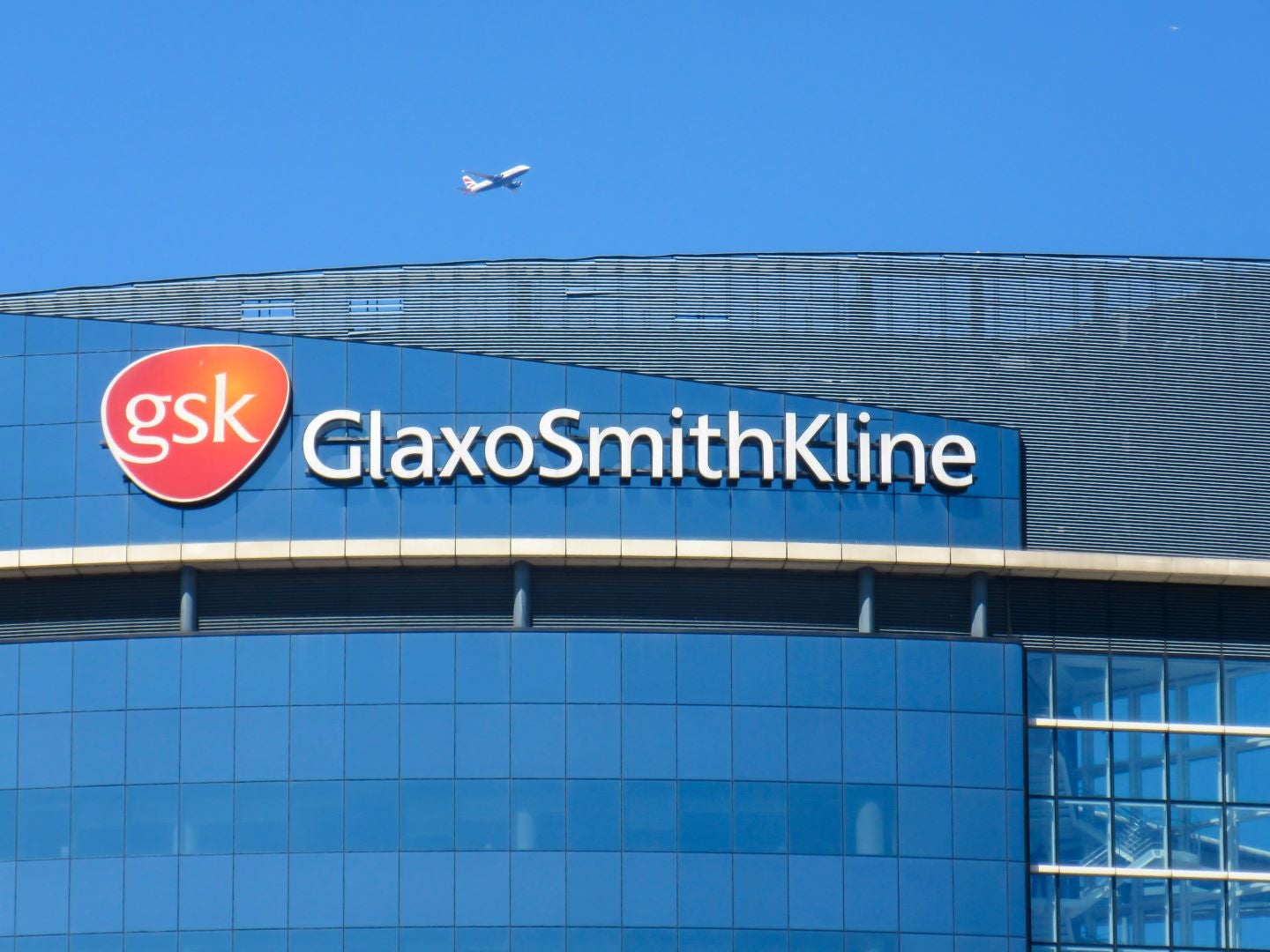On 6 February, GlaxoSmithKline (GSK) shared interim analysis data from its Phase III DREAMM-7 trial evaluating the combination of antibody-drug conjugate Blenrep (belantamab mafodotin) with Takeda’s Velcade (bortezomib) and dexamethasone (BorDex) versus J&J’s Darzalex (daratumumab) and BorDex for relapsed or refractory multiple myeloma (MM) for patients who received at least one previous line of therapy. At a median follow-up of 28.2 months, patients in the Blenrep arm experienced 36.3 months of median progression-free survival (PFS) the trial’s primary endpoint, a significant improvement from the 13.4 months in the comparator arm. The company also reported a 43% reduction in risk of death compared to BorDex. Typically patients in the frontline receive Bristol Myers Squibb’s (BMS’s) immunomodulating agent Revlimid (lenalidomide); many participants in the trial are Revlimid primary-refractory. Blenrep recorded sales of $44m in 2023, down significantly from $145m the previous year. GlobalData’s analyst consensus forecast projects a slight uptick in sales, reaching $56m by 2029.
Past Blenrep studies revealed a concern with patients developing eye-related side effects. Unfortunately, these adverse events showed in DREAMM-7 as Grade ≥3 ocular adverse events and occurred in 34% of patients, with 9% of patients discontinuing therapy. Outside of the ocular side effects, high-grade toxicity occurred in both treatment arms including thrombocytopenia in 55% and 35% of the Blenrep and the Darzalex arm, respectively. Other notable toxicities include neutropenia, pneumonia, and anaemia.
The underwhelming sales generated from the BCMA-directed ADC are tied to its history. Blenrep originally received accelerated approval as a fifth-line MM treatment. In the DREAMM-3 confirmatory study, Blenrep as a standalone therapy was unable to demonstrate a marked improvement in PFS compared with the combination of BMS’s Pomalyst (pomalidomide) and dexamethasone. The failure led the FDA to revoke the biologic licence for Blenrep in February 2023; the EMA followed suit several months later, leaving European nation-states the sole discretion as to its marketability in their country. There’s little hope for Blenrep to regain approval in third- or fourth-line MM as the triplet regimen of daratumumab, pomalidomide, and dexamethasone is the SOC. Additionally, J&J’s bispecific antibody Tecvayli (teclistamab) and CAR-T Carvykti (ciltacabtagene autoleucel), as well as BMS’ CAR-T Abecma (idecabtagene vicleucel), are established treatments in the setting. With the interim analysis, GSK can be optimistic about the use of Blenrep potentially becoming a SOC in the second line, far exceeding its current sales projection. The company is also evaluating the ADC in Phase III DREAMM-8 in combination with Polamyst and dexamethasone in the same setting. Additionally, there’s a Phase II study for newly diagnosed stem cell transplant-ineligible MM in combination with the frequently used agents Velcade, Revlimid, and dexamethasone.






